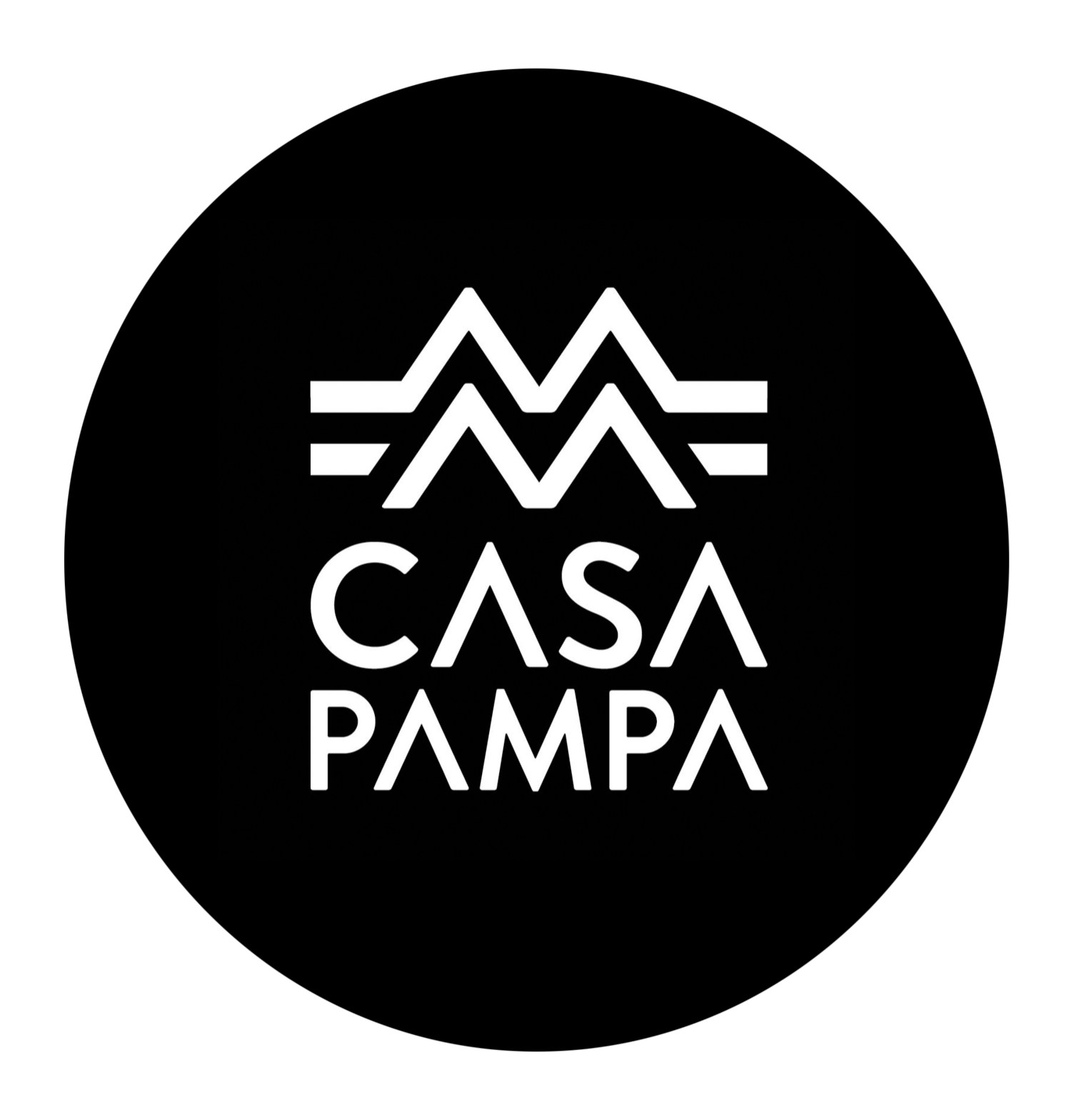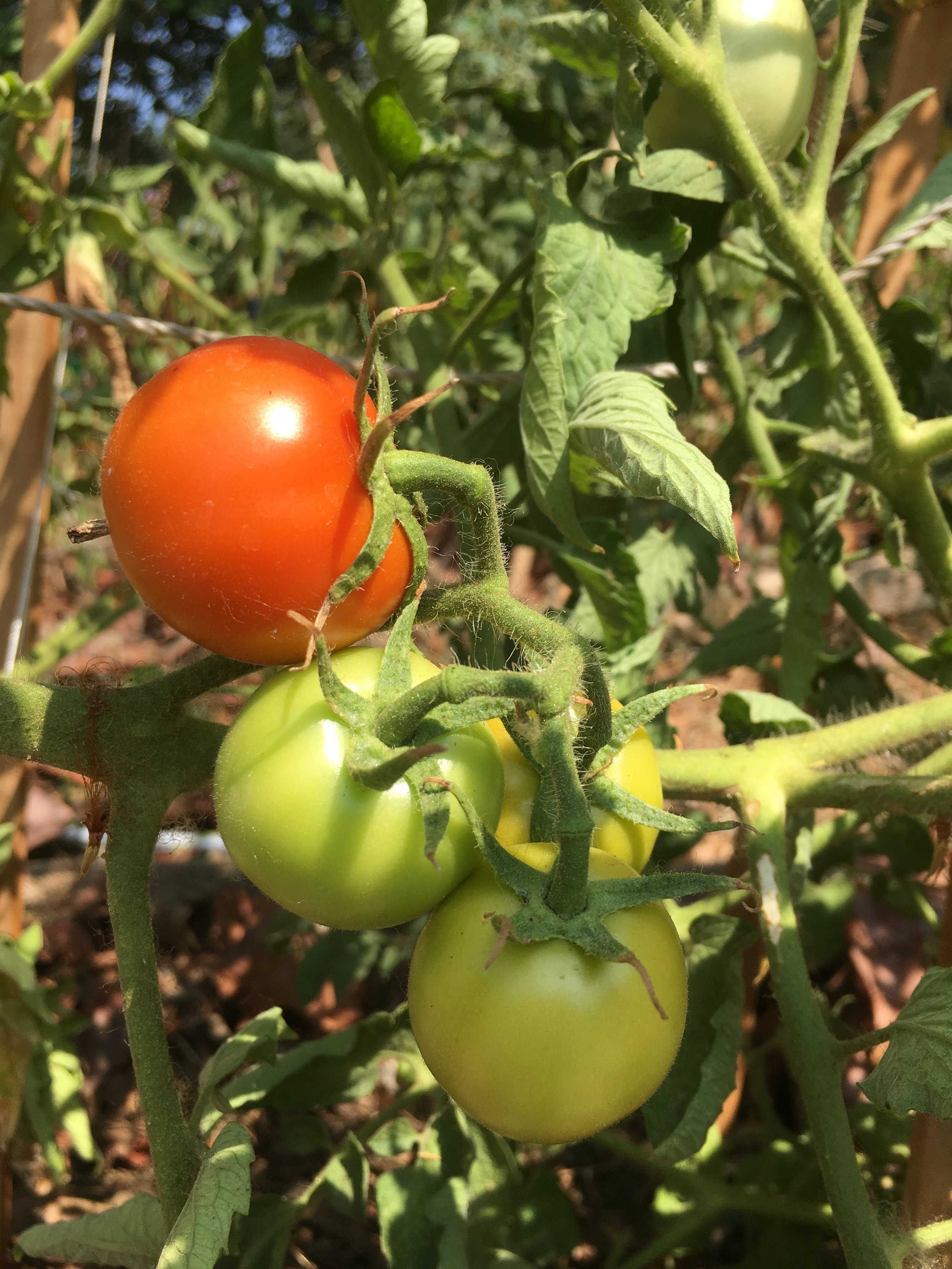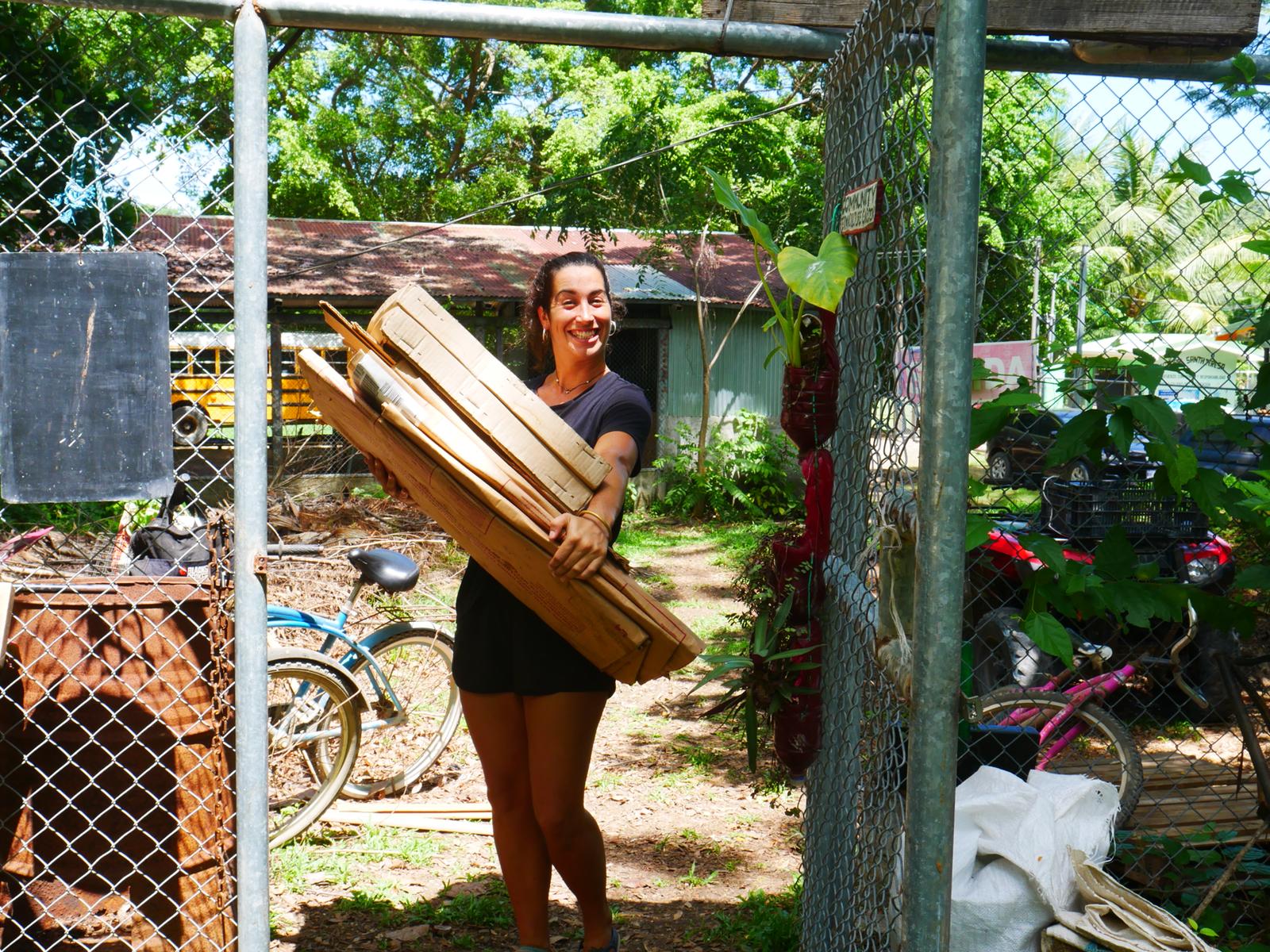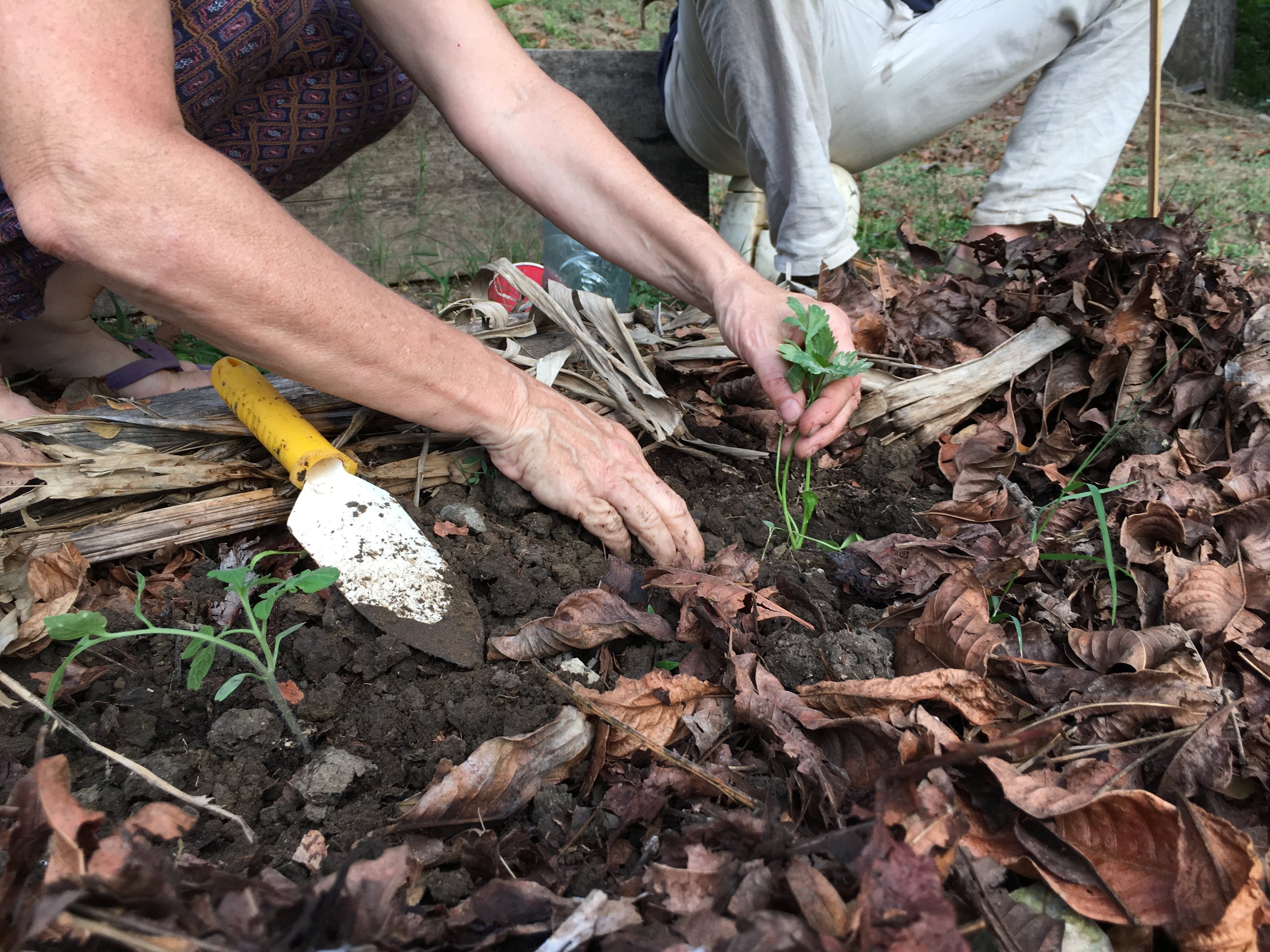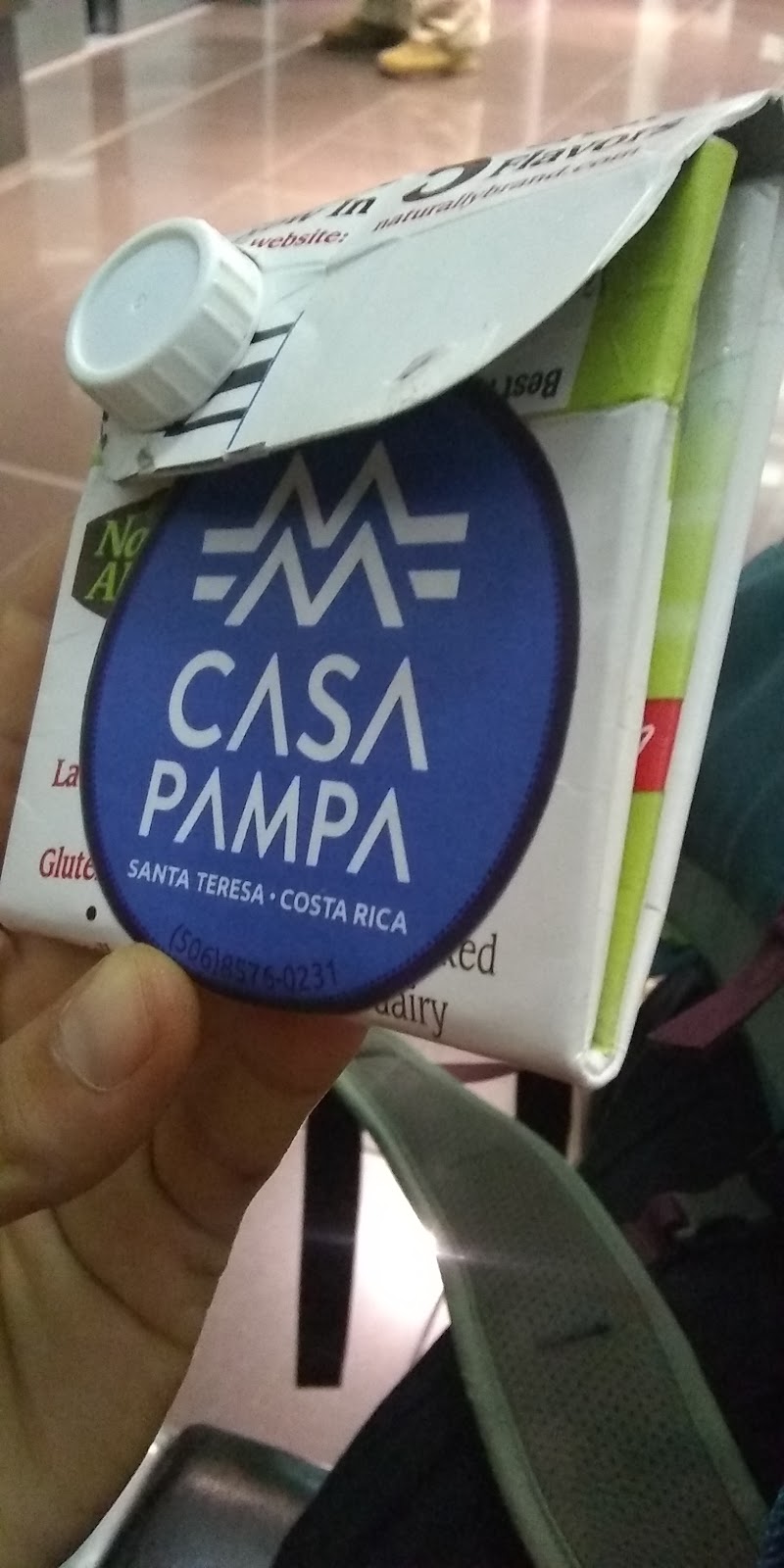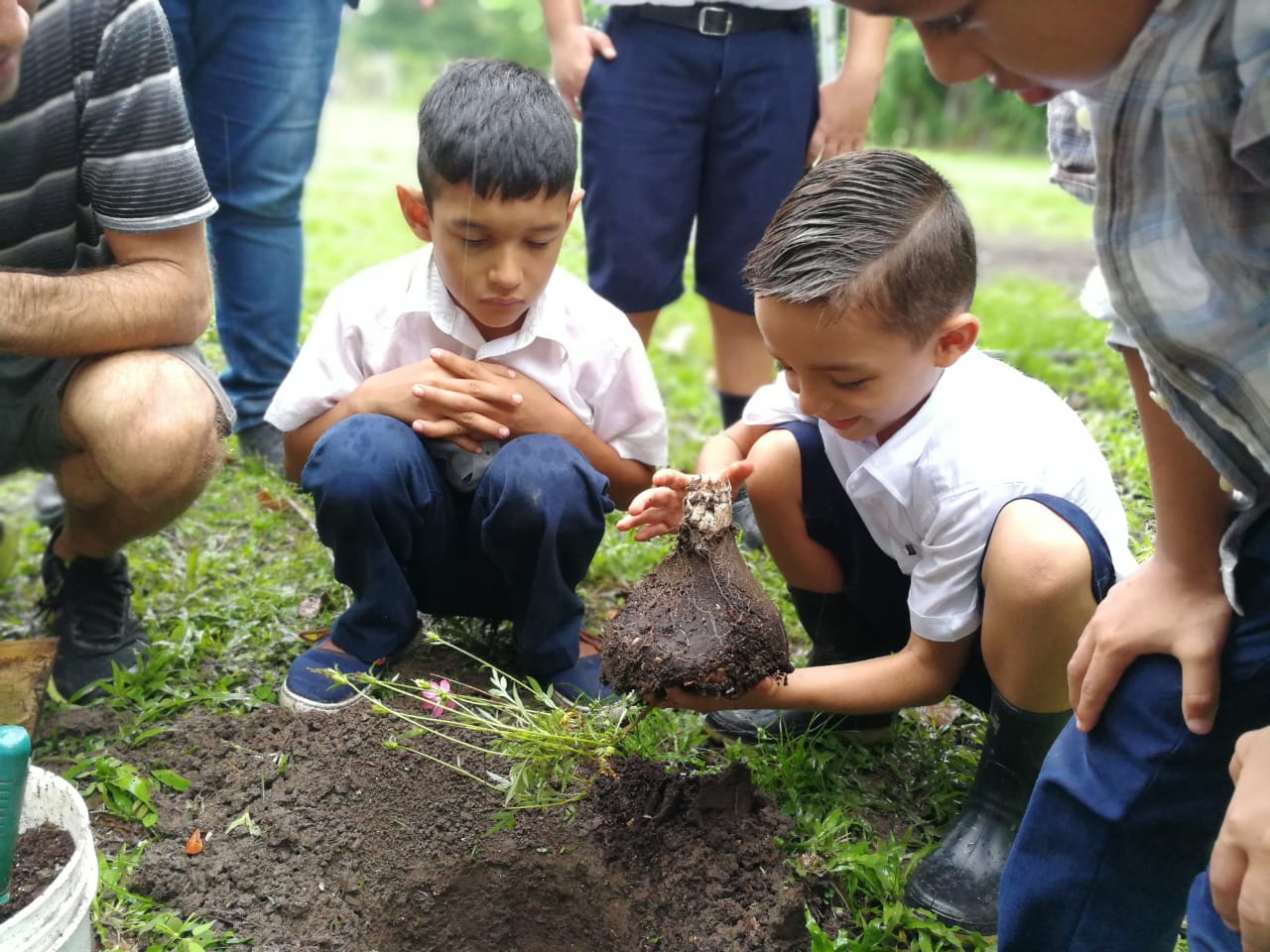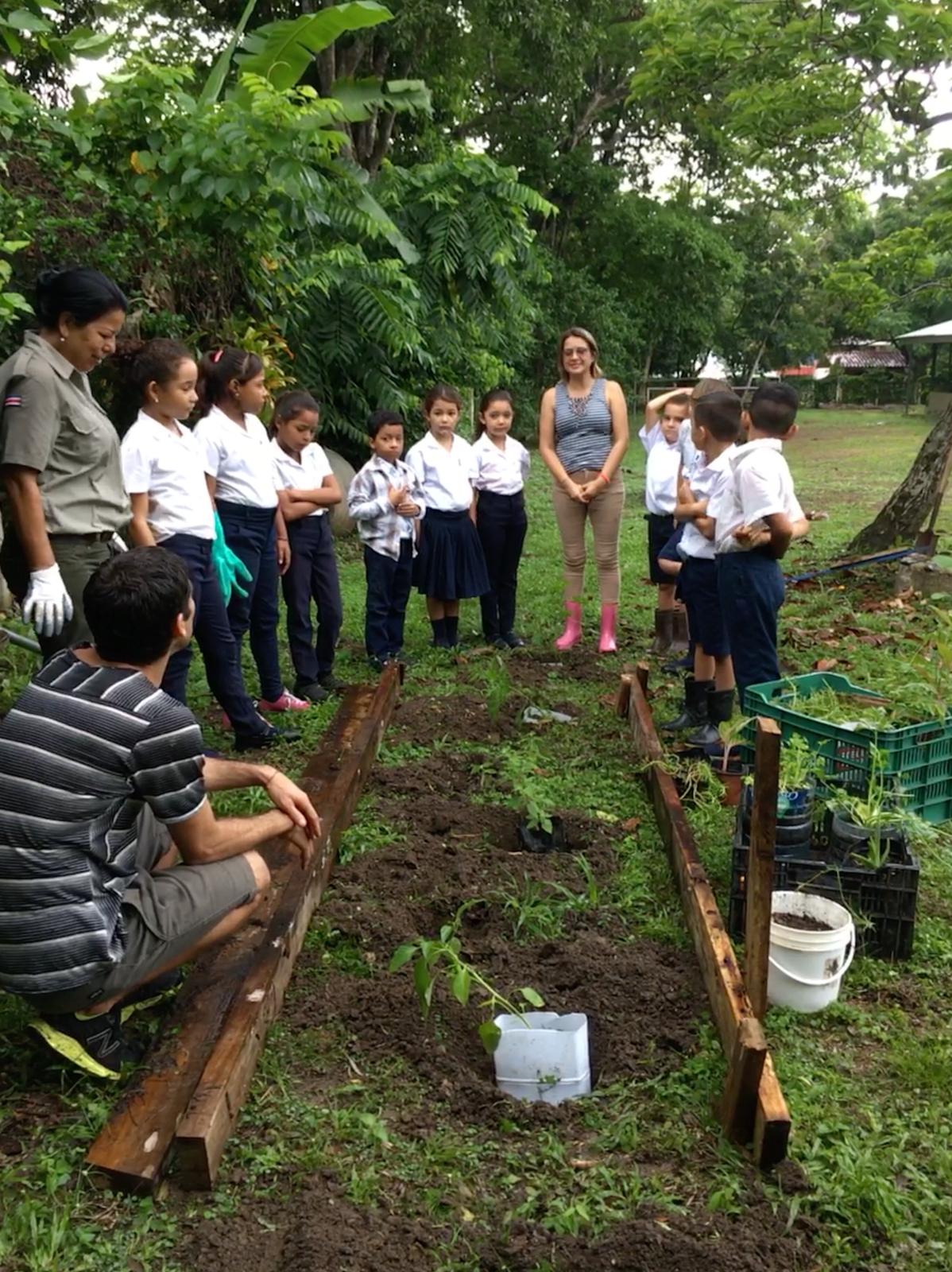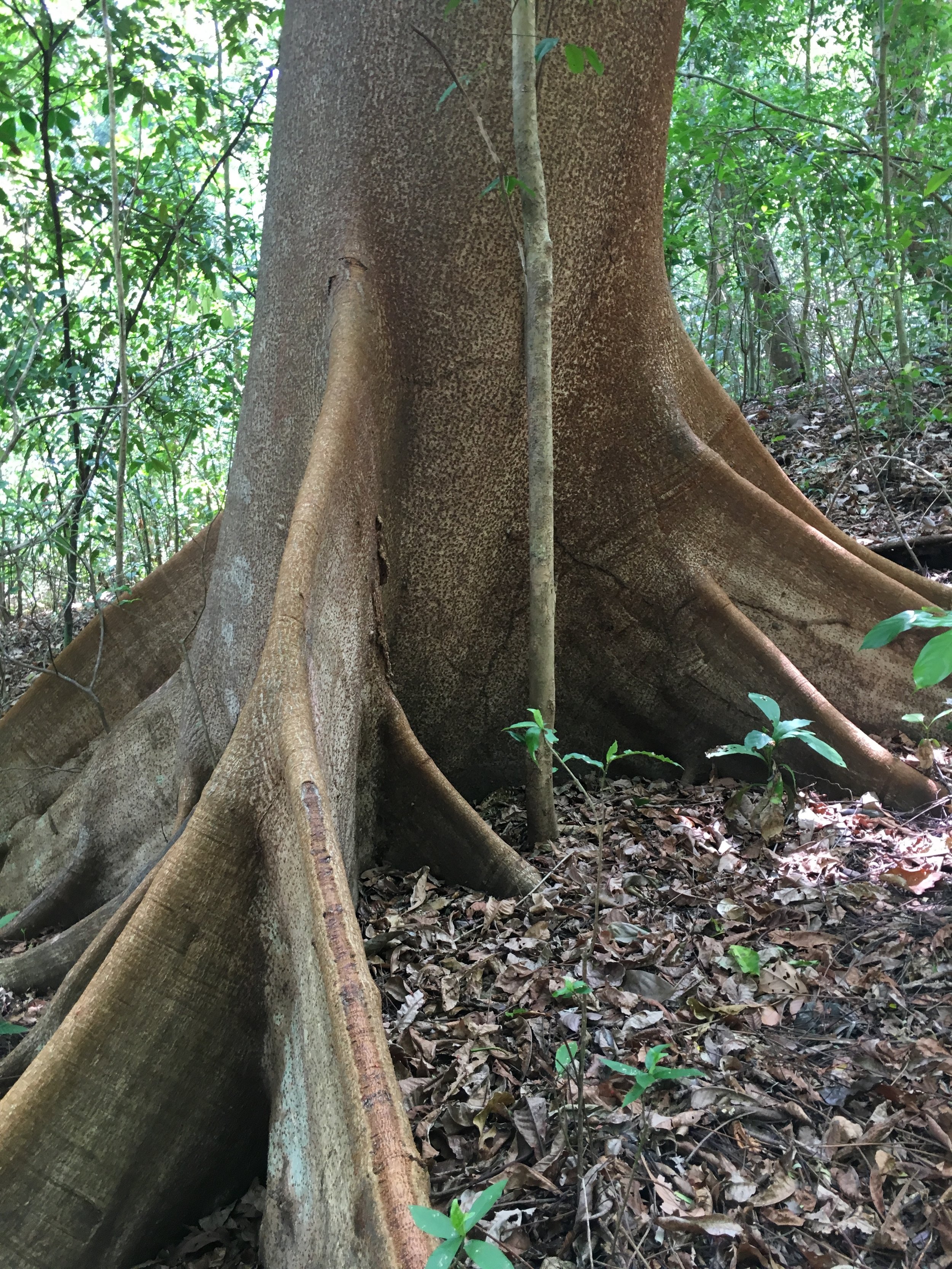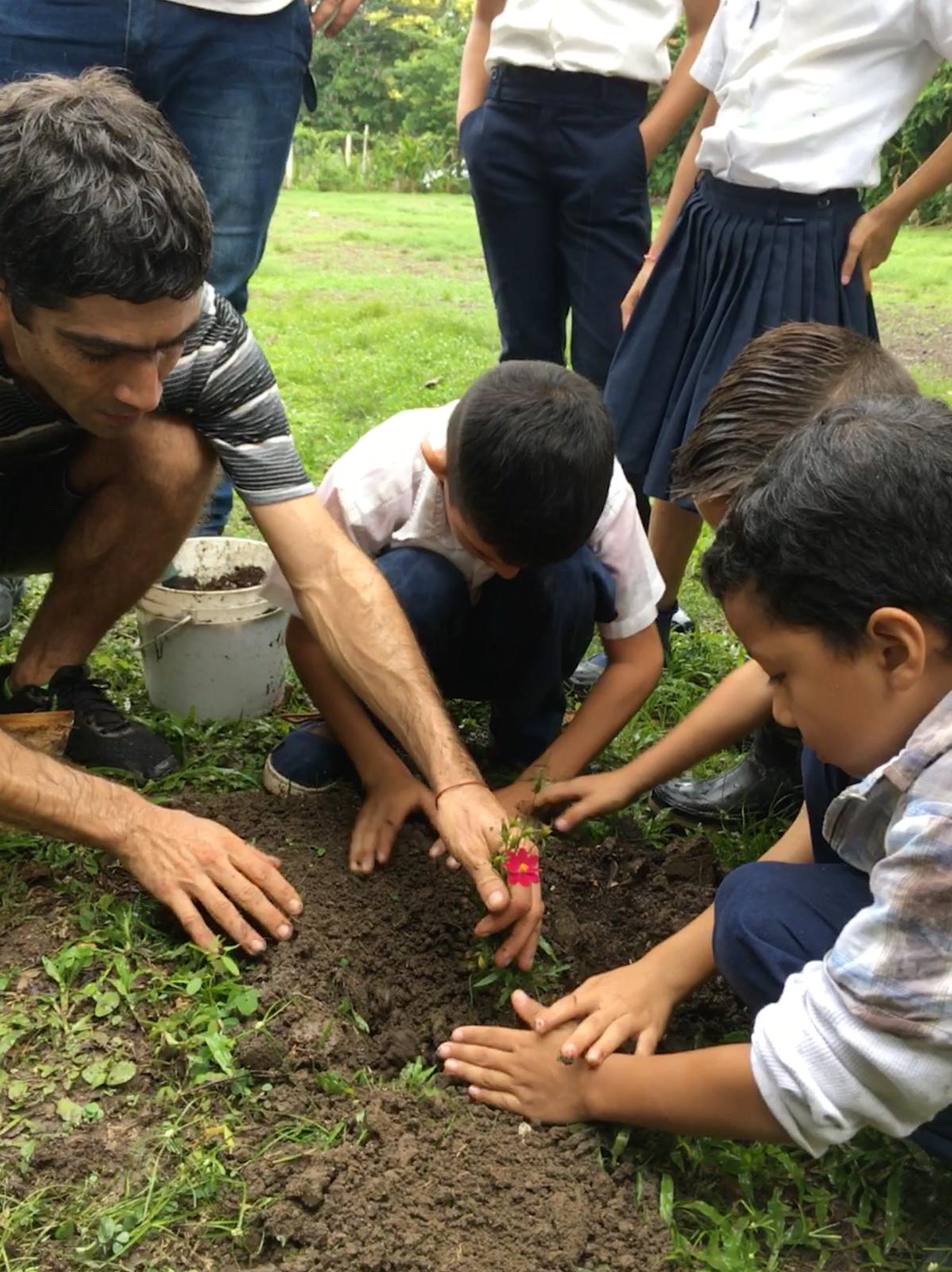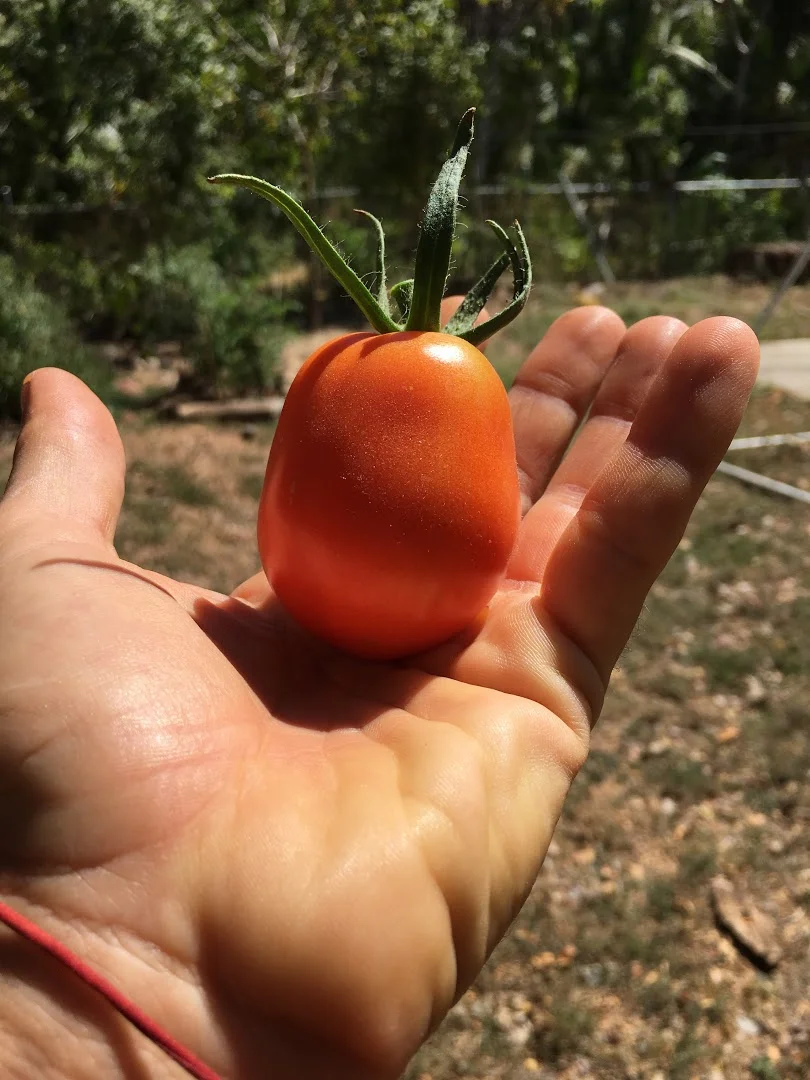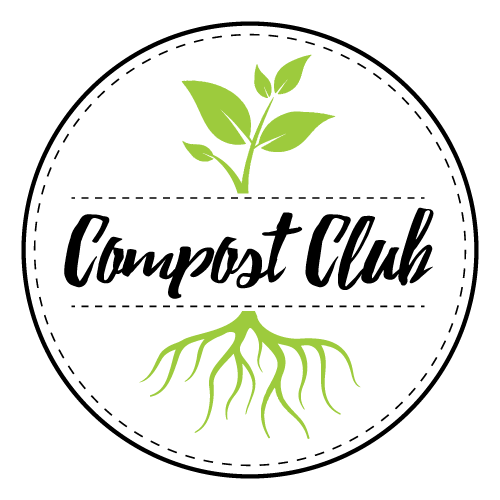I am grateful to life and Casa Pampa for letting me be part of all the wonderful projects that are organized and concretized every day with the work and effort of each member.
My name is Marina, I am a traveler from the interior of the province of Buenos Aires, Chacabuco, who 4 years ago decided to explore and discover new places in our beautiful world. That was how I arrived in Costa Rica, Santa Teresa and I was lucky to be part of Casa Pampa.
I approached in order to grow and learn how to help those who give up part of their time every day for this common cause of living in a better and greener world. Not only did I fulfill my goal but I also take with me the coolest learning, the simplest actions and above all the desire to continue taking care of our planet and infecting so many to join in helping.
The days in the garden, the events, the cleaning of beaches and each meeting joining forces so that together we can be stronger and stronger. It is now the change, it is now the time ... It is the day today, we cannot wait any longer !!!
We are the change so that we can continue to enjoy a better and cleaner world. As in the garden, I chose to continue sowing seeds so that in each harvest we are more and better. For many more achievements !!!
Thanks from ❤️
Estoy agradecida a la vida y a Casa Pampa por dejarme ser parte de todos los proyectos maravillosos que día a día se van organizando y concretando con el trabajo y esfuerzo de cada integrante.
Mi nombre es Marina, soy una viajera del interior de la provincia de Buenos Aires, Chacabuco, que hace ya 4 años decidió explorar y conocer nuevos lugares de nuestro hermoso mundo. Fue así como llegué a Costa Rica, Santa Teresa y tuve la suerte de formar parte de Casa Pampa.
Me acerqué con el objetivo de crecer y aprender cómo así también ayudar a los que día a día entregan parte de su tiempo por esta causa común de vivir en mundo mejor y más verde. No solo cumplí mi objetivo sino que además me llevo conmigo el aprendizaje más lindo, las acciones más simples y sobre todo las ganas de seguir cuidando nuestro planeta y contagiar a tantos a que se sumen a ayudar.
Los días en la huerta, los eventos, las limpiezas de playas y cada encuentro uniendo fuerzas para que en conjunto podamos ser más y más fuertes. Es ahora el cambio, es ahora el momento... Es hoy el día, no podemos esperar más!!!
Somos nosotros el cambio para que podamos seguir disfrutando de un mundo mejor y más limpio. Así como en la huerta, elegí seguir sembrando semillas para que en cada cosecha seamos más y mejores.
Por muchos logros más!!! Gracias de ❤️


